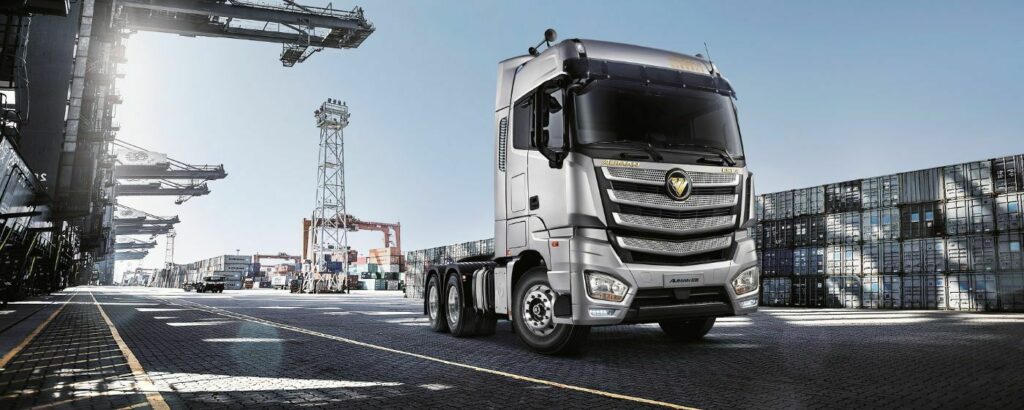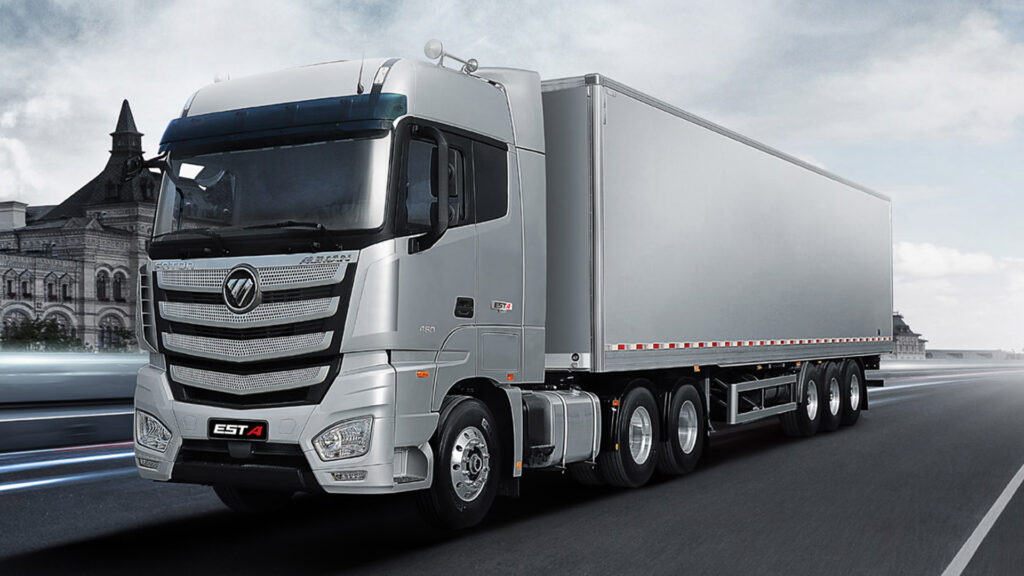A Chinese truck manufacturer by the name of Beiqi Foton Motor Co intends to establish a second plant in Mexico and plans to export these vehicles to the United States to meet the growing demand for electric trucks.
A new report asserts that the facility will be operational in 2025 and build not just electric trucks but also those powered by traditional internal combustion engines. The decision to establish a production base in Mexico is a calculated move by the Chinese company, as it allows them to take advantage of the United States-Mexico-Canada Agreement (USMCA).
Furthermore, the establishment of a factory in Mexico will help to avoid some of the lengthy supply chains by ensuring that production is placed near U.S. customers. While recently speaking with Bloomberg, Foton’s director of electric vehicles in Mexico Roberto Talavera said that a site for the factory has not yet been chosen but said it will likely be in the state of Jalisco or Aguascalientes.

The new factory will likely require an investment of over $1 billion from Foton.
Not only is the Chinese truckmaker looking to expand its footprint in the North American market but it is also working to become the Mexican partner for the world’s largest maker of electric vehicle batteries, Contemporary Amperex Technology (CATL). Reports state that Foton will provide CATL with technical support as well as repair and recycling facilities for the batteries.
Read: California Bans Sale Of New Diesel Trucks By 2036 And Non-Electric Trains By 2030
Details about the electric and combustion-powered trucks to be built at the site in Mexico are not yet known but the launch of them could spur innovation and contribute to lower electric truck prices, which can only be a good thing for consumers and businesses alike.
Foton’s existing plant in Mexico opened in 2017 and currently builds electric trucks that are exported to China. The second factory will allow it to sell up to 3,000 electric trucks in Mexico by 2025.







